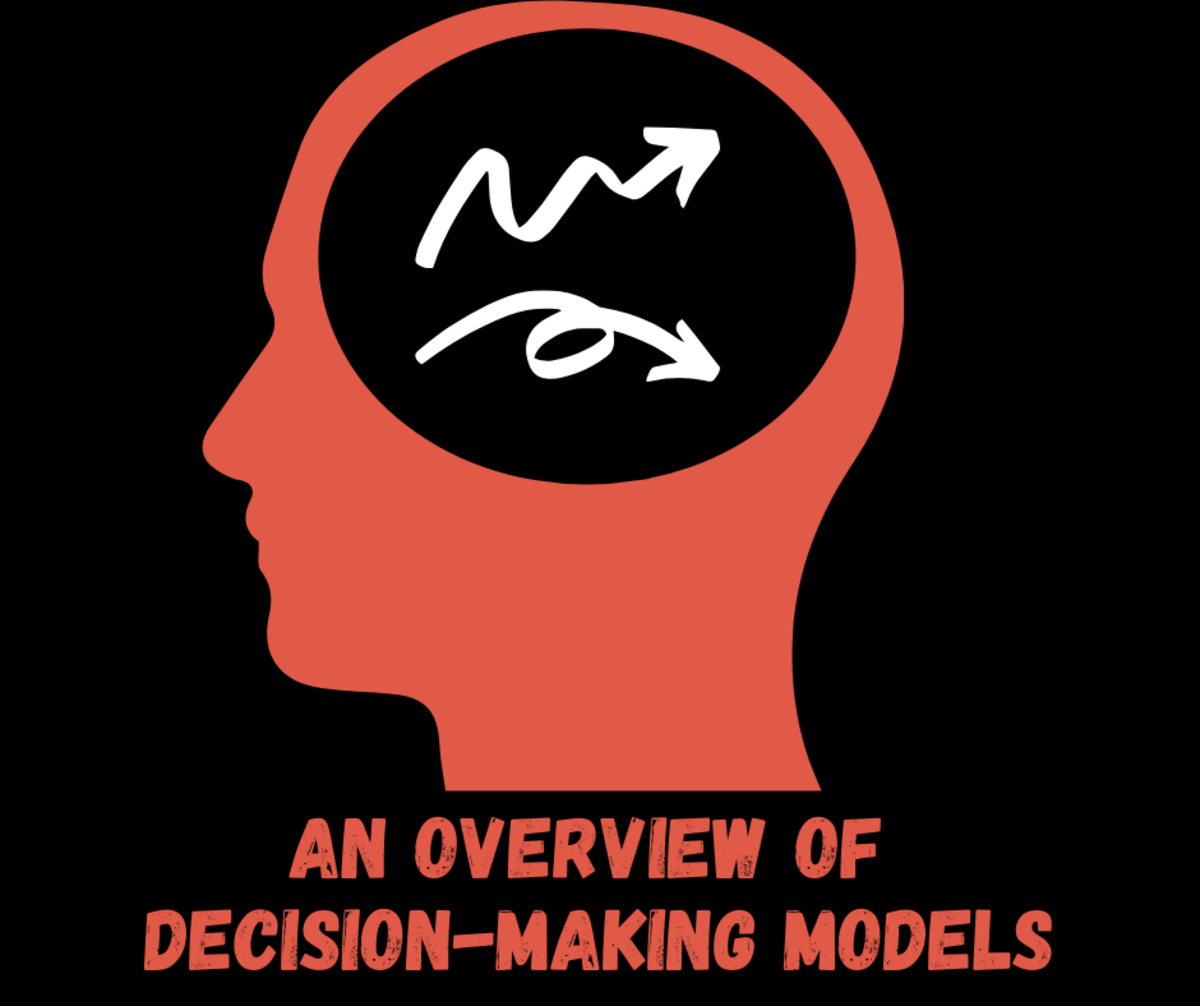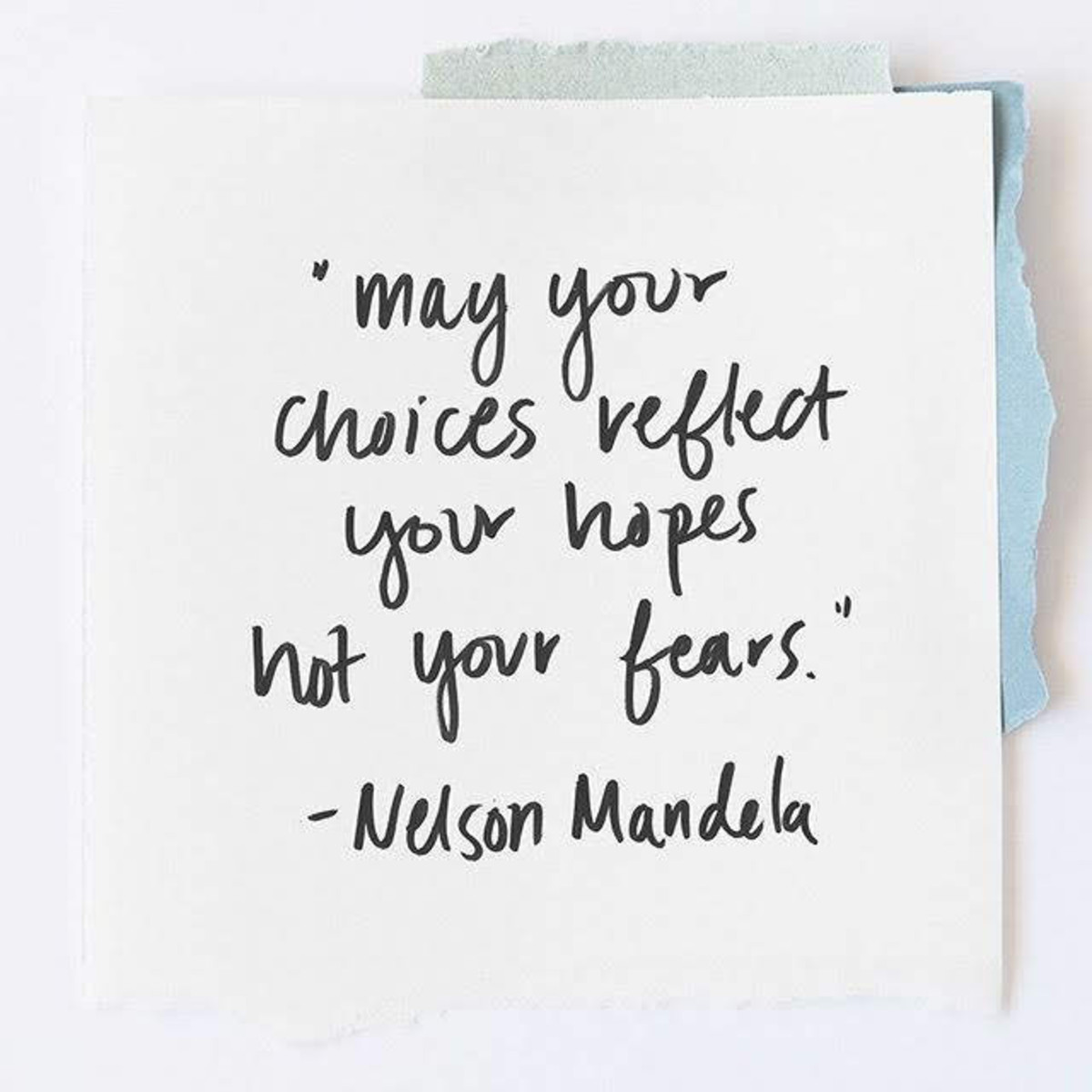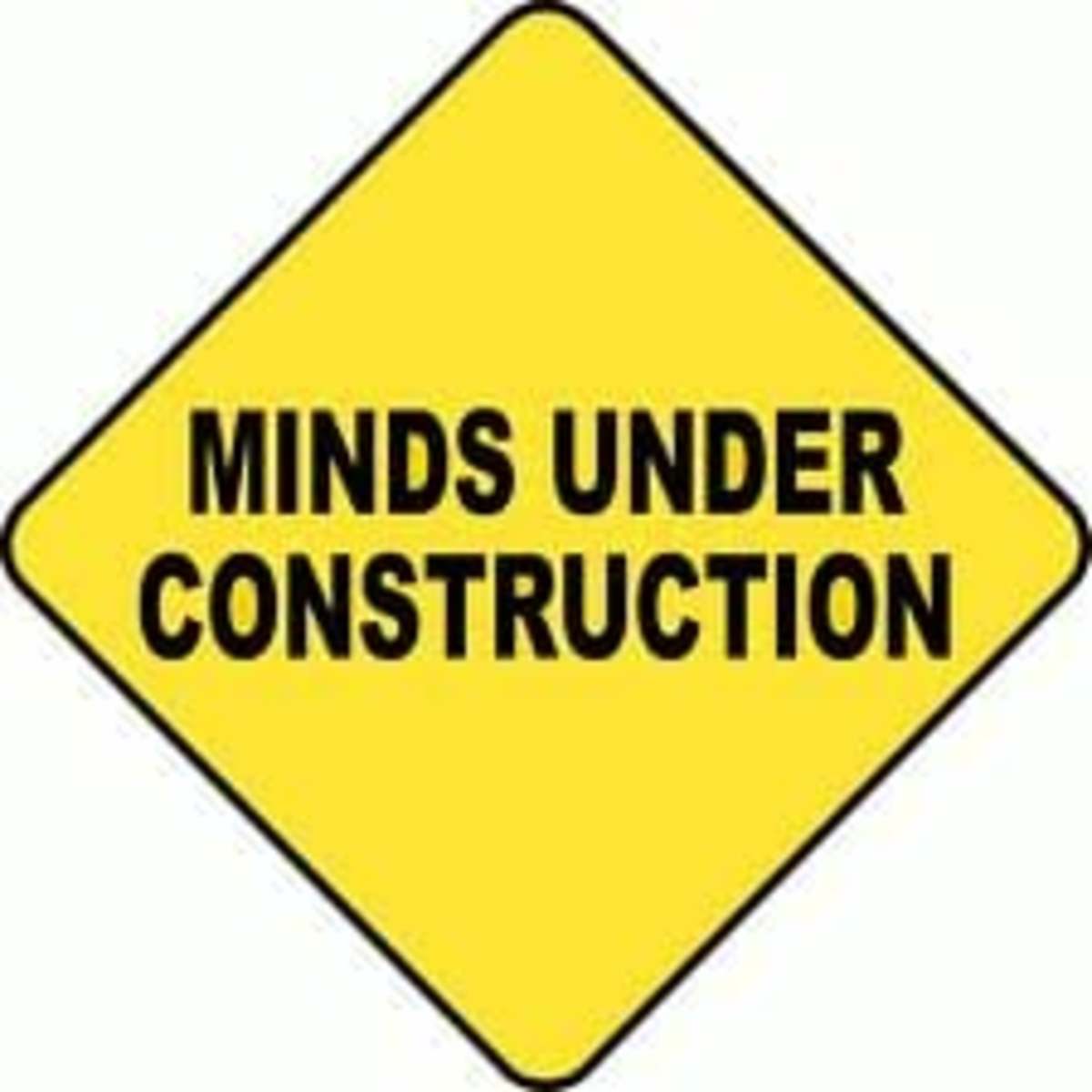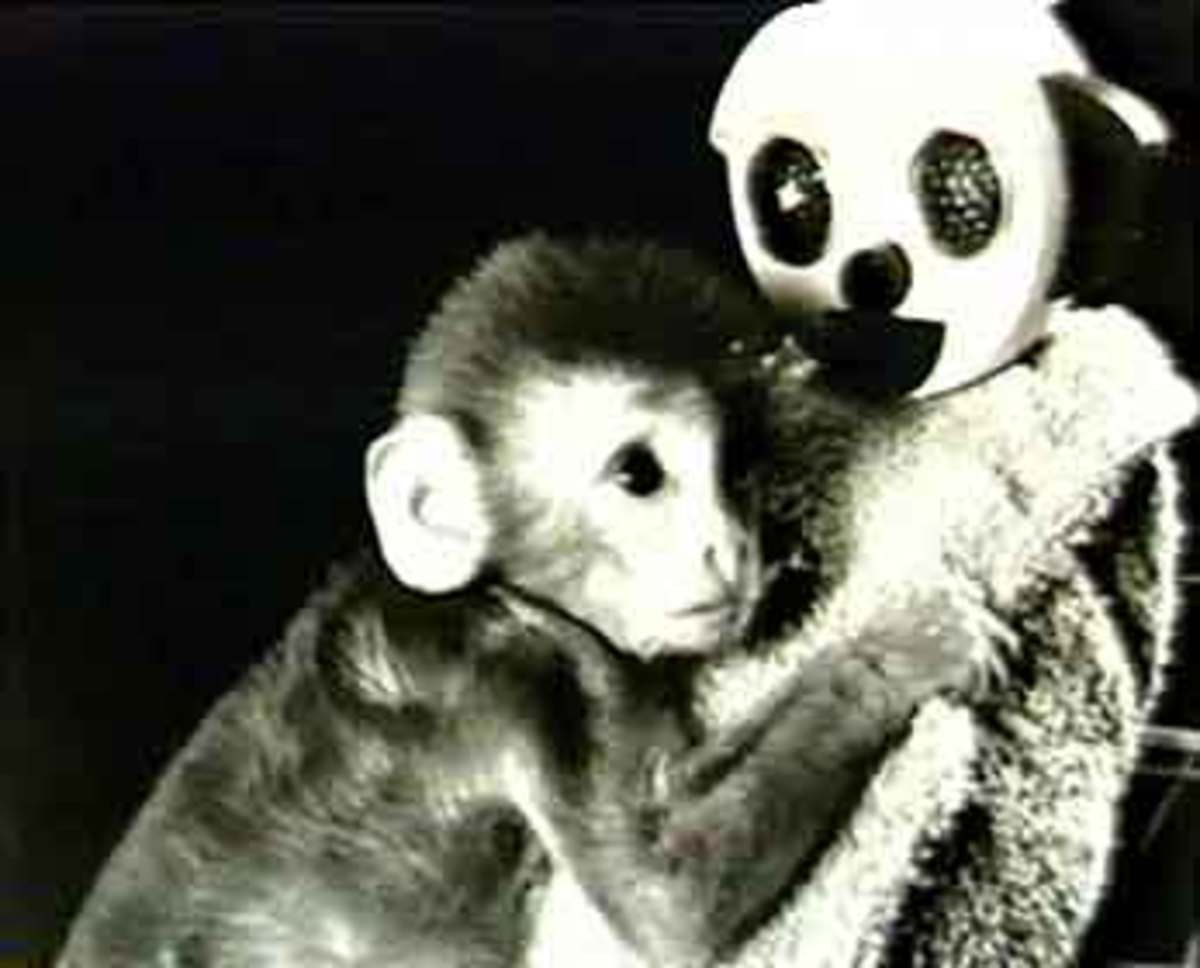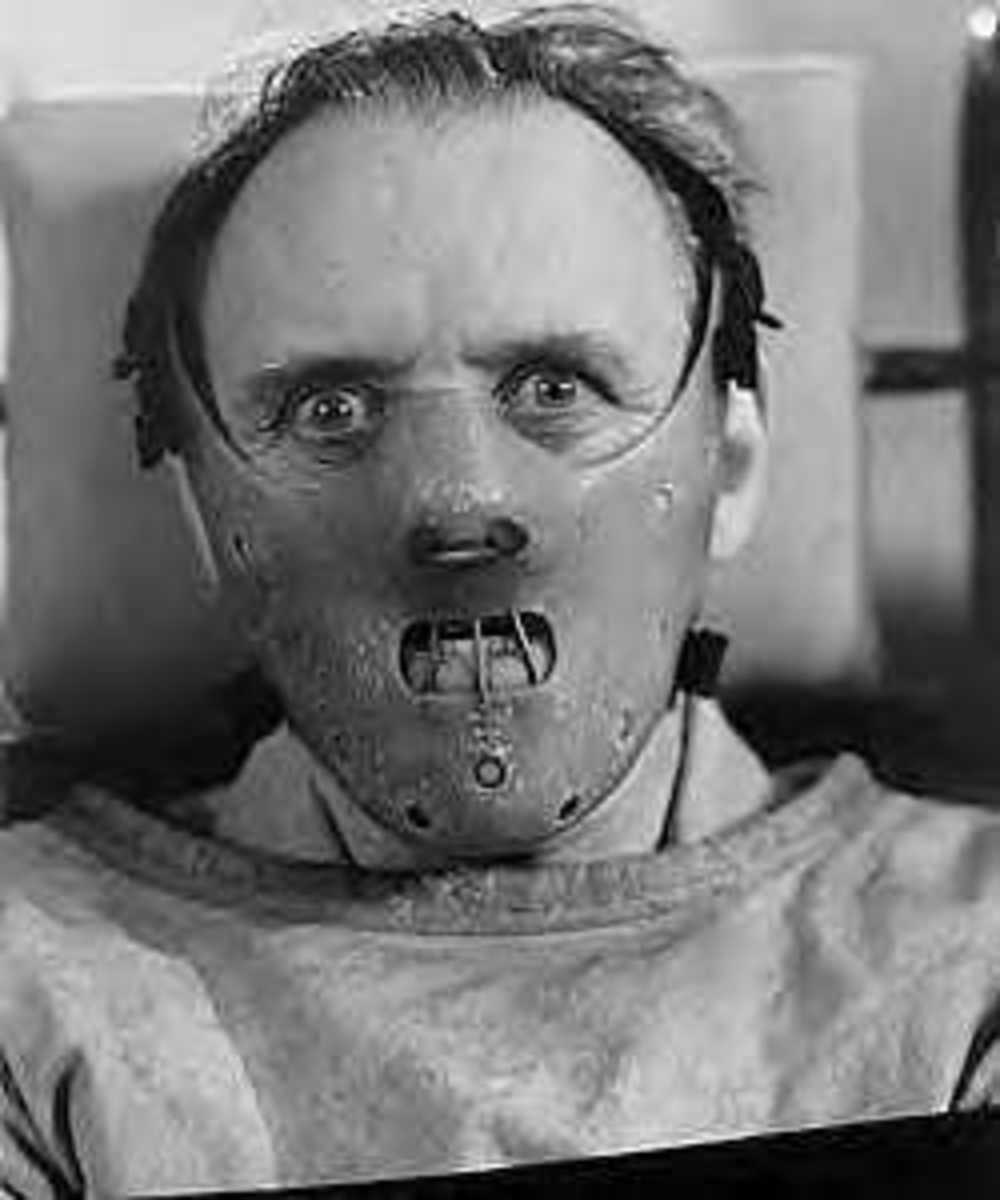Intuition in Decisions
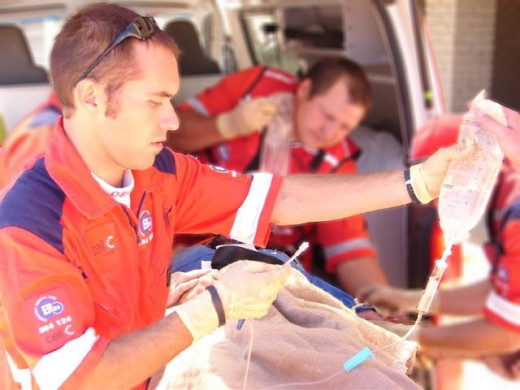
Expert Intuition
“Expert intuition is simply analyses frozen into habit and into the capacity for rapid response through recognition of familiar kinds of situations – it involves some sort of pattern recognition” (Patton, 2003, p. 995). As a nurse, patient care is something I have the most experience in and when crisis situations arise, I tend to go into an auto-pilot type mode using a combination of experience and intuition.
The leadership position requires a whole set of different skills for decision making that don’t always come as naturally. The fact of the matter is, this nurse is decidedly more drained and stressed in a leadership role than when on the floor taking care of patient conditions. Patient care, at this point in the career, just feels more natural.
However, the concepts are fascinating on a number of levels, as someone who operates under conditions that call for skill and expertise at a fast pace. “People in occupations that involve crises (police officers, firefighters, paramedics) gain many decision-making habits and their ability to respond intuitively to sudden emergency situations, as a result of extensive drill training”(Patton, 2003, p.992).
CPR and ACLS require renewal every two years. One would think if you’ve already completed the course once, why do it again? The necessity lies in the fact that these skills need to be so ingrained, they become second nature. “For the instantaneous reactions where conscious thought is only a small determinant of action, regular drill is the road to habits that reach the ‘gut‐level’ or become part of ‘muscle‐memory’ “(Patton, 2003, p. 993).
Gut-level thought processes are an innate response and are impacted by general experience, and focused learning (Patton, 2003). As a nurse, over time one develops skill sets, and these are consistently enforced through experience, but in order to know what to do, at some point, one has to have learned it or experienced it.
Are Leaders Made in the Classroom?
While some decisions may appear at first to be derived from a source that is innate or deep within, these more seemingly natural processes are typically learned through habit.
Effective leadership requires life experience; it cannot be handed down entirely in the classroom. While education can build a foundation, it should be supported by experience. ”For appropriate instinctive, intuitive decisions and actions (the knee‐jerk reactions) to crises and to situations requiring an instantaneously correct response, extensive practice, even drill, is the best possible preparation”(Patton, 2003, p. 995).
Reference
Patton, J. R. (2003). Intuition in decisions. Management Decision, 49(10), 989-996. doi:10.1108/00251740310509517


